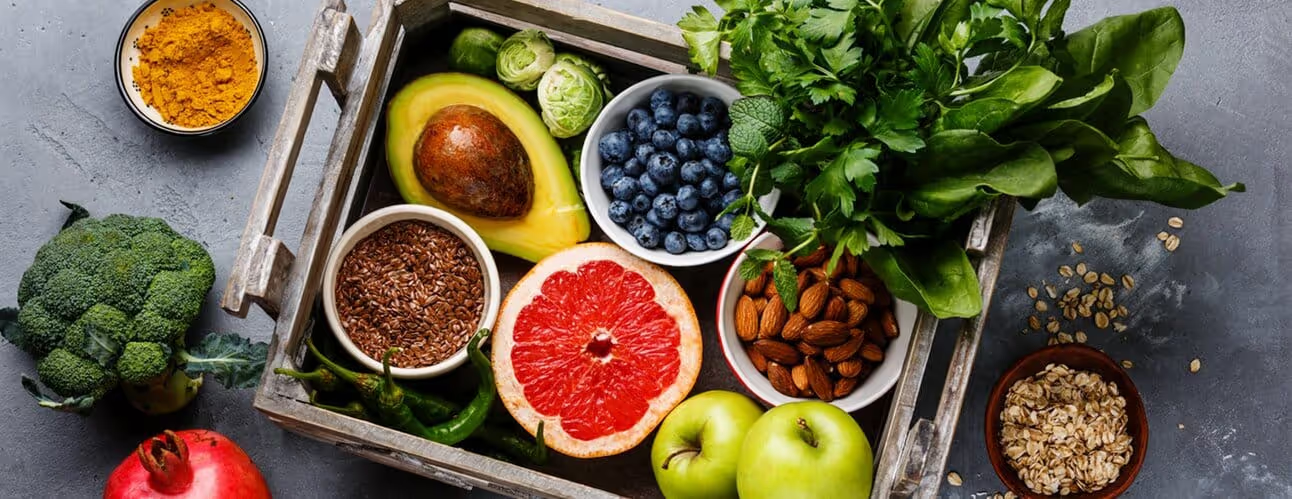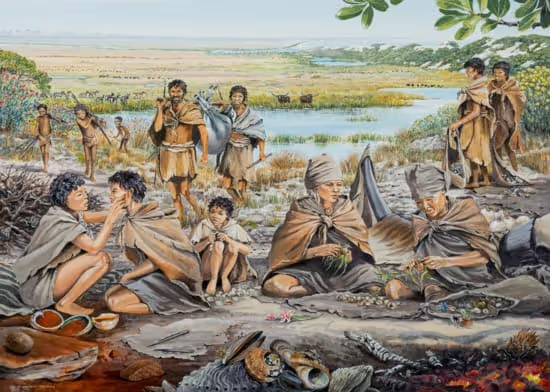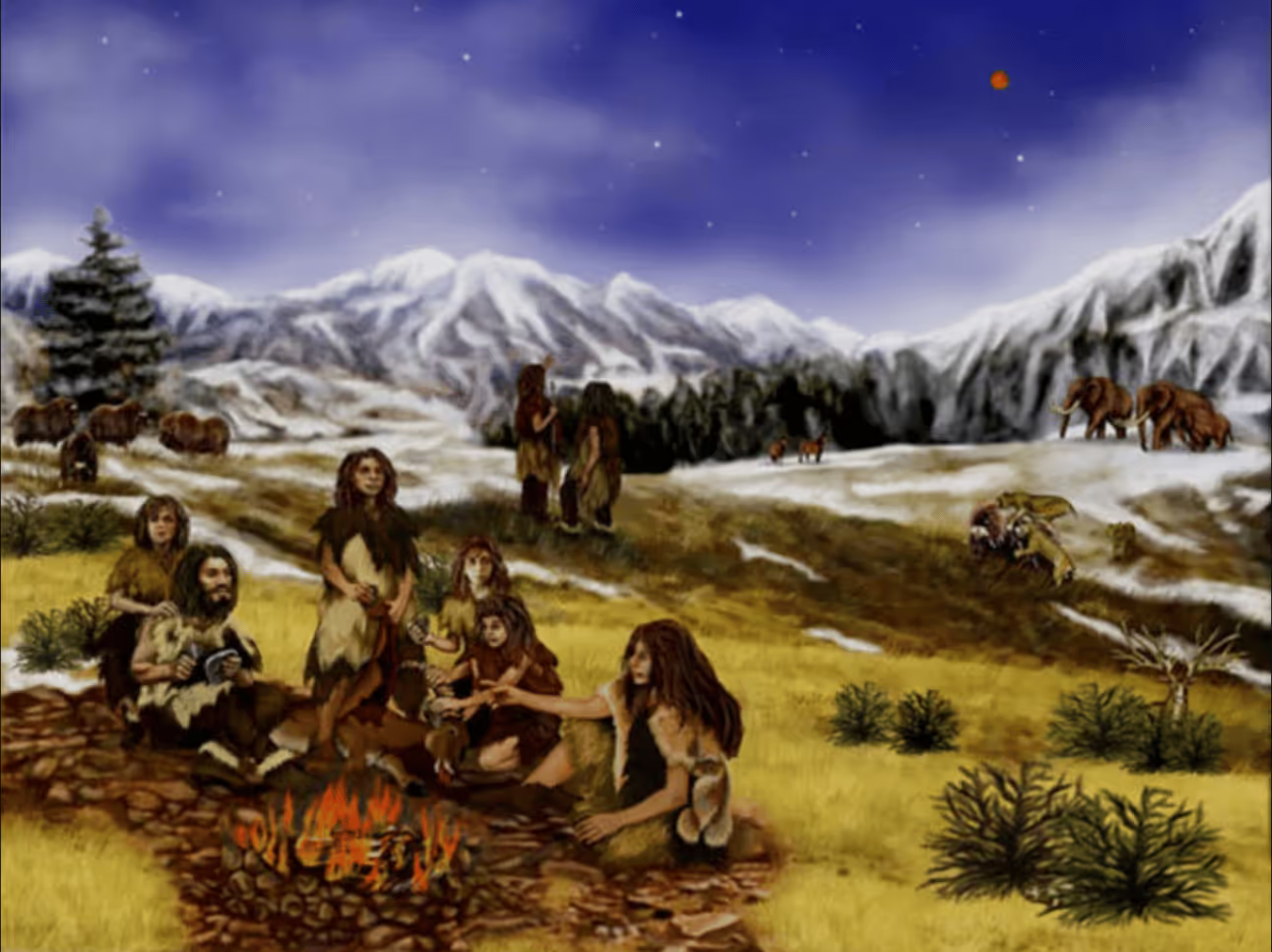Joy, Diet and Mood 🔄

On the Menu 📖😎 Chill Out: Down to Earth Podcast (feat. My Mom) 🥩 On the Road: My Diet Journey 🤝🏾 Friends: How Many of Us Have Them? 🌹Joy: Bold Moves Make Happy Grooves
Good morning! 🌞You are now reading Issue Three of The Power Five, a health & wellness series brought to you by our sponsor GEM!
Today, we’ll talk about what friends, diet, and mood have in common, and what can be done to elevate them.


Down to Earth Podcast (feat. My Mom)
Since GEM has kindly sponsored this newsletter series, I decided to send some product over to Ma Dukes. Listen to our podcast for her reactions to GEM’s Sleep, Energy and multi bites. I think we may have a podcast star budding here…
Eager to get a taste of GEM’s goodies? Use code DOWNTOEARTH30 for 30% off your order and maybe I’ll get your reactions next 🎤

Subscribe nowMy Diet Journey 🛣️
My diet is one of the most cherished cornerstones in my life. I love the taste and feeling of quality food, and quite frankly, I just love to eat. I’m at the point in my life where I don’t have a moment to waste, and I need my food to support that drive.
Finding the right fuel for this Ferrari hasn’t been easy, and the race is far from over.
Over the years, I’ve learned through trial and error what works for me and what doesn’t. I know that what goes into my body will determine how I feel after eating, even in the following days, so I act accordingly. A sugary drink? I’ll probably feel fuzzy for the rest of the night. My cravings will push me to have more.
Some foods have the opposite effect. Stove-cooked kale with coconut oil will fill me up quickly, setting the tone for an elastic day of productivity.
A nice ribeye and a tall glass of water will leave me feeling strong and capable; my mind will be clear, with all of my actions done with intent.
Then is the principle of “you are what you eat.” Over months of different tests and diet adjustments, I know that carbs and I aren’t so compatible. I prefer to operate on a high-protein diet that reinforces my strength and mental clarity.

I’ve learned that moderation is key, and different inputs equal different outputs.
Firstly, moderation does not mean restriction. It just means being mindful and attentive to your eating habits. A mental log of what you’re doing. If you’re a mad scientist like me, you’ll keep an actual log of what you eat, when you ate it, and how it makes you feel. It’s a cool way to learn about yourself.
I’ve also learned that I have a much clearer head when I abstain from eating (fast) for a large portion of the day. Ranging anywhere from 12-24+ hours, fasting gives my digestive system time to relax and process food on the back burner. Since a lot of energy is required to digest food, I feel more focused and less moody when fasting. It’s clear that this process interferes with sleep, so I try not to eat within two hours of sleeping.
I avoid refined flour and sugars, highly processed foods, and anything with weird ingredients. Simplicity is key. Eating what feels right is another approach that I’ve also mastered. I find that balance works best. Does it feel good to eat a cupcake? Sure, it may in the moment, but it doesn’t feel good afterward. You can guarantee that eating whole foods, including vegetables, fruits, legumes, and high-quality animal protein passes that test.
If you’ve been reading my work, you know how important gut health is for mood and overall health. When you feed it good stuff, you feel good. When you give it bad stuff, something may feel off. But hey, everyone is different. I can speak for myself and say that I’m in a better spot mentally than I was years ago when I ate predominantly carbs and processed food, mindlessly reaching for whatever my impulses drove me to.
Now that I’ve reigned in control of my diet and eating habits, I can predictably shape my day based on what I eat and when. Rarely do I have “bad moods,” and it isn’t common that I have an insatiable craving for something unhealthy. It allows me to focus on what’s truly important, rather than caving into meager temptations that don’t serve me.
Again, everyone is different. I highly recommend you try out other ways of eating, even if it’s just with baby steps. Cut something out for a few days and see how that feels. Try adding in something, see how that works. Keep a mental (or actual) log.
There are no hard and fast rules to diet and nutrition. This fact is illustrated in the comment section of the below video. It seems like everyone has a wildly different approach to losing fat and eating healthy, even if it’s just bro science. They all swear by things that work for them on an individual level.

Instagram - @nickgains_muscle
What’s most important is that you find what sustainably works for you. It’s like a game at this point, where your player performs best under certain conditions and with certain fuel.
It’s up to you to find out what those are.
Happy eating!

How Many of Us Have Them? 👫
Science has shown that the keys to long-term success, health, and prosperity all have one thing in common. Friends!
Thorough, healthy relationships reinforce key systems in the body that make us live longer and happier. It might sound far out, but it makes sense in the context of human evolution.
Way back in the day, our ancestors quickly figured out that sticking together in groups was a lot safer than doing it alone. When you're living in the wild, there's strength in numbers. You're less likely to become a predator's lunch if you're part of a group. This need to survive was one of the driving forces behind our social nature.
But it wasn’t just about safety. As humans evolved, our social structures became more complex. Living in groups helped our ancestors learn from each other and share crucial survival skills, like making tools or controlling fire. This sharing of knowledge and skills accelerated our development and adaptation as a species. It incentivizes us to repeat these behaviors now.

Hanging out was the glue that made our species stick together in the world of mayhem around our ancestors.
We effectively “grew up” exposed to all different kinds of experiences and people, making us super flexible socially. Telling stories around a fire to ease us into a long night was the kind of bonding that kept us healthy and safe.
It bred love. Without it, we wouldn’t have gotten very far.
Socializing also played a huge role in developing our communication skills. To work together effectively, early humans needed to communicate. This necessity likely pushed forward the development of language. The better we could communicate, the better we could cooperate, plan, and innovate.

What if Caveman 1 didn’t tell Caveman 3 that a rogue trio of mammoths was nearby because he was harboring resentment? The tribe would be done. Fried. This is why we communicate.
There’s also the role of socialization in natural selection. Being a good social player could boost your status within a group, making you a more desirable mate. Traits like empathy, cooperation, and fairness became important because they helped maintain harmony and effectiveness in group settings. These traits were then passed down through generations because they helped our ancestors survive and reproduce.
Goodness, fairness, and love win.
So, in a nutshell, socializing is wired into our DNA because it helped our ancestors survive, reproduce, and evolve into the complex social beings we are today. Our ability to socialize is not just a cultural development—it's a fundamental part of our biology that has been shaped by millions of years of evolution.Flying solo is only so useful in today’s society as well. We’re taught to be independent and self-sufficient, yet there’s hardly messaging about loving our neighbors and keeping friends close. When was the last government PSA you saw urging you to reach out to an old friend because it’s good for your health?
I find that funny, because according to science, the more friends you have, the longer you live. Think about those times when you've been really stressed out, and then you hang out with your buddies, and somehow you just start feeling better. That's because being around friends can increase your body's production of the "feel-good" hormone, oxytocin, which calms your nerves and boosts your mood.
Your friends can also act as a buffer against rough times. If you're going through it, having friends around to provide support and advice, or even just distract you from what’s bugging you, can be super beneficial to your health. This support network isn't just about feeling good in the moment; it actually strengthens your overall mental health, making you less likely to experience depression or anxiety down the road.
Hanging out with friends also encourages more movement and activity. For me, that means hitting the gym together, taking long walks, or playing a sport.
Now, talking about the COVID situation, it kinda threw a wrench in the works, right? With all the social distancing and isolation, many people weren’t hanging out as much, which really highlighted how important social interactions are. During the pandemic, lots of people experienced a spike in loneliness and stress because they weren’t getting their usual dose of friend time. This just goes to show how crucial social connections are, not just for having fun, but for our physical and mental well-being. In the post-pandemic era, I believe it’s more important now than ever to reconnect and keep those bonds strong.
So, yeah, making time to hang out with friends is a key part of self-love and care. That’s the obvious part. The big takeaway here is that we were made to do this, and we can get even better at it if we try. It’s a beautiful thought, the idea of our descendants being even more social and cooperative than we are now; it would signify that somewhere around 2024, humans decided to prioritize love and oust hatred, and developed a society based on the greater good of love itself.

Bold Moves Make Happy Grooves 🌹
Please Be Advised: You are about to receive an Instant dose of happiness 💉
This video is guaranteed to lift your mood up. The longer you watch, the better it gets.

Instagram - @newyorkers
Good stuff, right?
The lesson I’m taking away from this video is that positive risk-taking is a powerful way to produce joy and goodness in the world. I use the word “risk” because it can be uncomfortable for us to be vulnerable and do good for others. During my first watch of the video, I had this underlying fear that the people might react poorly to this guy’s kind favor. That’s because it’s so rare to actually see goodness being done for goodness’ sake. I’m so used to seeing prank videos, crime and further malice that my impression of good stuff like this is tainted.
My mood switched within moments when I saw the recipients’ reactions.
One’s ability to do good for another person stems from an abundance of goodness within oneself. Sharing is the default for humans when we have a lot to give.
Hoarding, gatekeeping and other antisocial behaviors come about when there is a lack of goodness and security. I have a feeling that many people are afraid to come off as cringey when doing good, even though it’s what we all want. We aren’t at a place in society where positivity spreads easily. Negativity and fear seem to take precedence. Social media often promotes nefarious and reductionist behavior because it gets reactions, for better or worse.
That’s what makes this video so refreshing. It’s an instant shot of joy to see people’s lives being rejuvenated by love, motivated by goodness. Love trumps all, and this guy is abiding by that principle with grace and class. I hope the video puts a smile on your face like it did for me.

Thank you for reading Down To Earth 🌍
If you appreciate my work the way I appreciate your reading, forward this email to someone you love!










